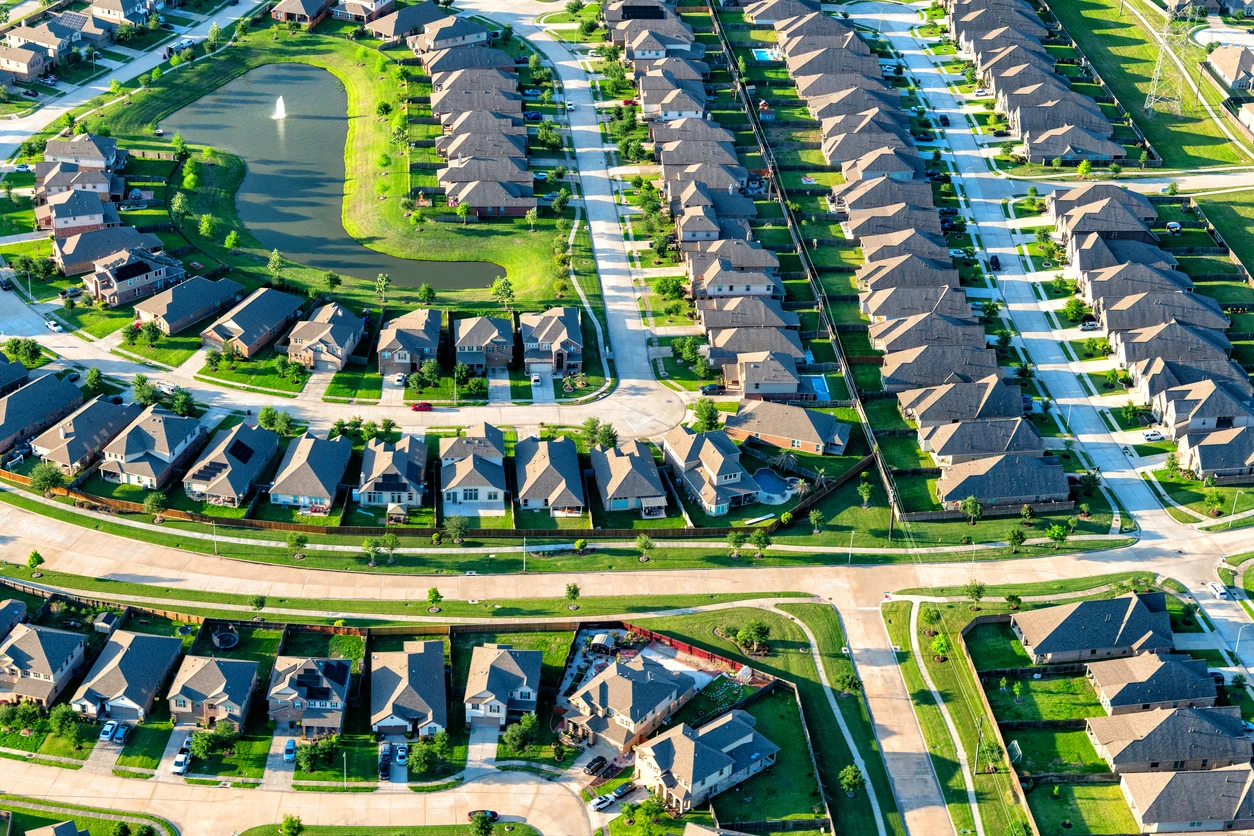The commercial real estate industry is an ever-evolving landscape that serves as a barometer for economic activity. With shifting market dynamics and emerging trends, it is crucial to delve into the opportunities and challenges that await investors, developers, and stakeholders in today’s market. In this report, we will explore the current state of commercial real estate and shed light on key factors shaping the industry’s future.
Opportunities Amidst Transformation: As the global economy rebounds from the COVID-19 pandemic, commercial real estate offers a promising array of opportunities. One notable trend is the growing demand for flexible office spaces. As remote work becomes more prevalent, companies are seeking hybrid models that combine remote work with physical office spaces. This shift has created a surge in demand for co-working spaces, shared offices, and flexible lease terms, presenting a lucrative avenue for investors.
Another key opportunity lies in the revitalization of urban areas. Cities are witnessing a resurgence as people seek vibrant, amenity-rich environments. Real estate developers are capitalizing on this trend by repurposing underutilized properties into mixed-use spaces, blending commercial, residential, and cultural elements. Such developments not only breathe new life into communities but also generate substantial returns for investors.
Emerging Technologies: The integration of technology into commercial real estate is opening up exciting possibilities. Innovations like virtual reality (VR) and augmented reality (AR) are revolutionizing property tours and design processes. Investors can now explore potential acquisitions remotely, while architects and developers can use immersive technologies to visualize and refine their projects. Additionally, blockchain technology is disrupting traditional property transactions, offering greater transparency, efficiency, and security.
Challenges in the New Era: Despite the opportunities, commercial real estate faces its share of challenges. Rising construction costs, labor shortages, and supply chain disruptions are dampening development activity and impacting profitability. Additionally, the transition to a greener and more sustainable future presents both challenges and opportunities for the industry. Developers must adapt to evolving environmental regulations and meet the growing demand for sustainable buildings that reduce energy consumption and carbon footprint.
Another factor shaping the market is the evolution of consumer behavior. E-commerce’s rapid growth has shifted demand away from traditional brick-and-mortar retail spaces, leading to a rise in vacancies and a need for adaptive reuse strategies. Successfully repurposing these properties requires creativity, strategic planning, and a deep understanding of consumer preferences.
Ethical Considerations: Journalistic integrity compels us to highlight the ethical considerations within the commercial real estate industry. Transparency in transactions, fair treatment of tenants, and responsible land use are paramount. Investigating potential conflicts of interest, adhering to fair reporting practices, and promoting diversity and inclusion should be integral to the sector’s development.
Conclusion: Commercial real estate presents an array of opportunities for investors and developers willing to navigate the evolving landscape. Embracing flexible office spaces, revitalizing urban areas, and leveraging emerging technologies are just a few avenues to explore. However, challenges such as rising costs and adapting to a sustainable future require careful consideration. By maintaining ethical standards and embracing innovation, the commercial real estate industry can thrive in today’s market and pave the way for a vibrant and sustainable future.











